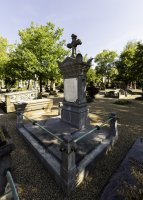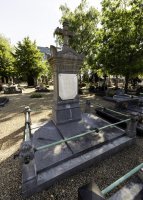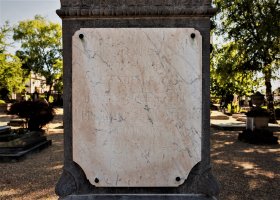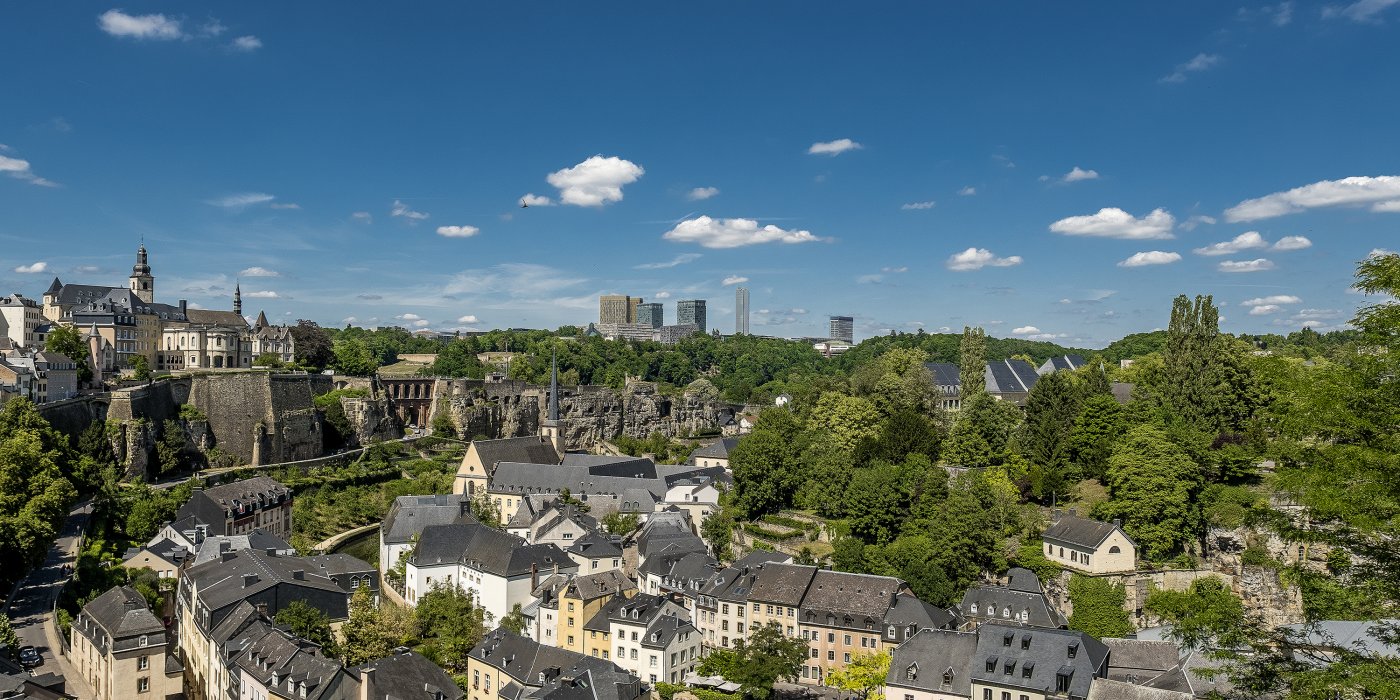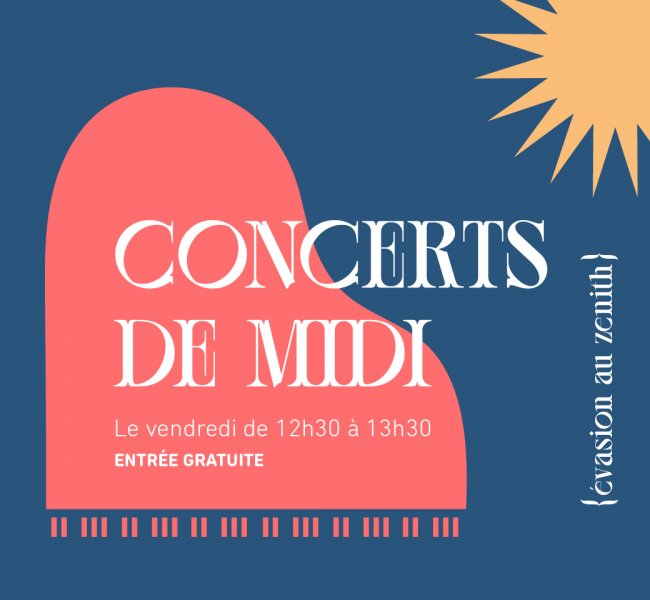Description
This Renaissance-inspired monument was built by the manufacturer and monumental mason Hubert Jacquemart and appropriated by the City in 2014. It recounts the story of Charles Philippe Louis Pescatore – known as Ferdinand Pescatore – who served as Mayor of the City of Luxembourg from 1844 to 1848 and was the brother of Jean-Pierre Pescatore, who started the foundation bearing the family name. Ferdinand Pescatore was born on 20 June 1791 in Luxembourg City and raised in the country village of Heisdorf. He began his business career operating a grocery store on Rue de la Boucherie and took over as owner in 1817. On 8 September 1813 he married Marie-Jeanne Claus (1792–1854), who worked in his shop. In 1819 he was admitted to the Children of Fortified Concord Masonic lodge. In 1826, Ferdinand Pescatore joined the Luxembourg Philhellenic Society, where he rubbed shoulders with Father Jean-Pierre Maeysz. This organisation's purpose was to support the Greeks in their uprising against their Turkish oppressors. In 1829, Pescatore turned his attentions to the Steinsel mill, which he had inherited from his father. He purchased the former manor estate – without the castle – and set up an industrial distillery there.
He made his first foray into politics on 30 November 1841, following the entry into force of the country's first constitution. The King-Grand Duke William II appointed him to the Assembly of Estates (Assemblée des États), where he represented the canton of Luxembourg from 7 June 1842 to 1 May 1845 and from 3 June 1845 to 29 March 1848. Pescatore lobbied for the creation of a Chamber of Commerce, in which he then served as representative of the manufacturing chapter. On 29 December 1843 Ferdinand Pescatore was appointed Mayor of the City of Luxembourg. In the wake of the 1848 riots, William II tasked a new Assembly of Estates with drafting a new constitution. The body met on 25 April 1848 in Ettelbruck. Ferdinand Pescatore resigned on 12 May 1848. He returned to the political stage after the adoption of the new constitution in 1856, when he became a member of the Council of State in late 1857, a position that he held until his death. In 1858 he joined the City of Luxembourg's municipal council. Ferdinand Pescatore died on 15 December 1862, leaving behind one child, Marie-Joséphine (1813–1906). She married Jean-Marc Poulmaire (1808–1876). After Marie-Joséphine Pescatore-Poulmaire died childless, her heirs paid the City of Luxembourg a sum equal to two-thirds of the share she inherited from her late husband. This sum was added to the assets of the Fondation J. P. Pescatore.
In 1842, the King-Grand Duke William II named Ferdinand Pescatore a Knight of the Order of the Oak Crown.
